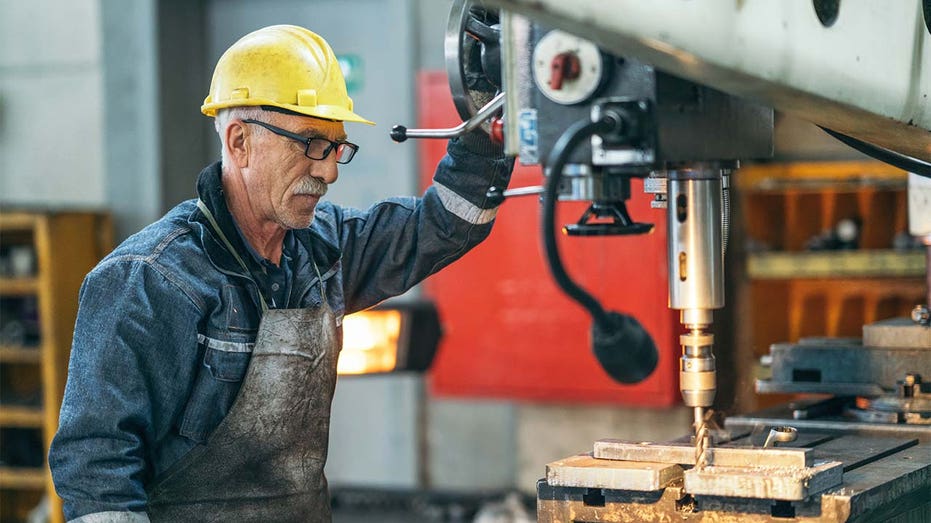Soaring inflation driving retired employees back to the workforce
Inflation rose 8.5% in July, remains near its highest level in 4 decades
Retirement, even without growing concerns over a potential recession, has provoked feelings of stress and anxiety within people who have spent decades building up a career or running a business, according to an industry expert.
"Any type of change that you make can be perceived as a loss because you're giving up something to go to something else," Michael Liersch, the head of wealth and investment management advice and planning at Wells Fargo, told FOX Business.
Retirement isn't sitting on Adirondack chairs and gazing at the sun, Liersch said. Instead, it's a drastic shift from a familiar lifestyle that gives you a lot of social and cognitive benefits in terms of the challenges that you confront, he added.
You also have to adjust to a life where you no longer rely on employer benefits.
RETIREES TAKE LAST SHOT TO SAVE PENSIONS AFTER BEING REJECTED BY COURTS

A couple calculates bills. (iStock / iStock)
That alone can make people question whether they have made the right decision.
"Combine that with things like inflation being at multi-year highs and then markets being challenged. It can really cause people to start questioning whether they made the right choice to exit the workplace," Liersch said.
Americans saw some relief last month after a year of relentless price increases that have strained household finances. Consumer prices jumped 8.5% in July compared with a year earlier and down from a 9.1% annual increase in June, and they are still running close to their highest level in decades.
Nick Bunker, the head of economic research at Indeed, told FOX Business the rate at which retired employees are returning to work remains elevated. As of July 2022, 3.2% of workers who retired a year earlier are now employed, which is higher than the pre-pandemic average. From 2017 to 2019, an average of roughly 3% of retired workers wound up having a job a year later.
SOCIAL SECURITY BENEFITS LIKELY TO CLIMB BY 8% NEXT YEAR, OFFICIAL SAYS

Couple reviews their retirement plan. (iStock / iStock)
According to the BMO Real Financial Progress Index, inflation and rising consumer costs have also forced a quarter of Americans to delay their retirement.
Liersch has noticed three trends among people who have decided to reenter the workforce.
For one, retirees are shifting into consulting work for their former firm or business. Some have also opted to do hourly consulting work for any organization that could benefit from their services, Liersch said. Some retirees have decided to go back full time, either with their old company or a new one, although they may be "leveling down" in terms of their position.
Another trend he noticed is people taking the chance to reevaluate what brings them passion as they weigh going back to work. In some cases, he said, it's pushing them in a totally different direction.
Not only does it keep their skills and network active, it also provides income during a time when there's economic uncertainty.

A factory employee working on drill bit in a workshop. (iStock / iStock)
For instance, the reprieve in July offered no certainty that prices would continue declining. Core inflation has slowed in the recent past, only to accelerate again in subsequent months. And even if price increases continue to weaken, they are a long way from the Fed’s 2% annual target.
Jen Schramm, a senior policy adviser at the AARP Public Policy Institute, said that, aside from financial concerns, improvements in the labor market are also pulling people back into the workforce.
CLICK HERE TO READ MORE ON FOX BUSINESS
So far this year, hiring in the United States has been remarkably strong and resilient in the face of rising interest rates and weak economic growth.
Last week, the Labor Department reported that U.S. employers added 528,000 jobs in July, more than double what forecasters had expected. The unemployment rate dipped to 3.5% in July, tying a 50-year low just before the COVID-19 pandemic slammed the U.S. economy in early 2020.
The Associated Press contributed to this report.





















